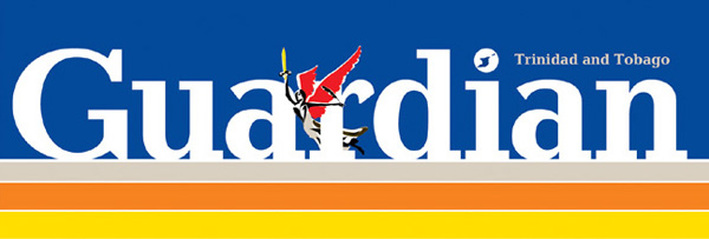Amongst the papers are many documents about the US invasion of Grenada in 1983 including letters between Margaret Thatcher and Ronald Reagan as well as much correspondence between Caribbean leaders at the time and the British Foreign Office.
In the US-UK letters is the Thatcher government’s position against military intervention in Grenada. This is stated most overtly in a “Dear Ron” letter the day before the invasion from Thatcher, who’s Foreign Minister Sir Geoffrey Howe, had told the House of Commons the same day there was “no reason to think that military intervention is likely to take place.”
Regan’s 23:00 hour reply (not returned as Dear Maggie, but Dear Margaret for those interested) was unequivocal, the invasion would happen the next day, and there was nothing Thatcher or the British could say. “We are already at zero” Reagan told a blindsided Thatcher.
In their own words we see many regional supporters of the invasion. Correspondence penned by Edward Seaga for example, not a representative of the Organisation of Eastern Caribbean States (OECS) that asked the US to intervene in Grenada, but still influential in American eyes as a representative of wider Caribbean opinion, is clear in his desire for a US-led invasion.
As is the correspondence from Barbados’ Prime Minister John Adams, and most importantly Dame Eugenie Charles, Prime Minister of Dominica, friend of the Reagan administration, and who as head of the OECS personally requested American military assistance. It was on her request the legal defence of the US invasion of Grenada was built.
The 600 pages describe an international community mostly against the US invasion both at UN level and Commonwealth level. The Europeans weren’t happy either. The West German government of Helmut Kohl wrote forcefully against the invasion. The French were publically critical of the US action, while the Dutch were supportive on the surface but behind it they expressed concerns about US government disregard of international law.
The documents mention uproar from within US politics too, with Democrats not impressed at the Reagan administration’s indifference toward the “War Powers Act,” a federal law meant to curtail the President’s ability to send American troops into armed conflict without Congress approval.
Governments that did stand up to the US and fight for Caribbean sovereignty are those of Trinidad and Tobago, Belize, the Bahamas, and Guyana. All requested economic sanctions before the consideration of any alternatives; they wanted a Caribbean-led solution not the intervention by a foreign State – something Thatcher seemed to agree with.
The cables highlight how the Chambers’ government in light of the invasion refused landing permission to a British Military plane and forced it on to Barbados. Chambers wanted things “resolved within the region without the involvement of non-regional states.” The documents also include the comments of Fidel Castro who tried to enter into dialogue with the US about their anticipated invasion in order to avoid bloodshed.
From an anthropological vista there is something eerily familiar about the present War on Terror in these documents. About how States shape and massage truth to support their worldview and get populations behind military action.
Just like today where fear and moral panic is used to dispossess populations of their rights to privacy in the name of security we see Reagan doing the same in the transcript of his televised national address to the American people informing them of action.
Reagan misrepresents Cuba. Claiming the Cuban construction of an international airport for the island was the first stage of a planned “Cuban occupation of the island.” Something the Bishop administration and the Cuban leadership both dispute in the documents.
Reagan tells Americans that Grenada “was a Soviet/Cuban bastion exporting Marxism and undermining democracy. We got there just in time.” He throws the word “Terrorism” around. Eventually the fear is amped high enough to suggest to Americans that Grenada, pop. 100,000, is somehow a threat to the US.
By the end of the documents a clear question remains. It is one asked by researchers previously – perhaps for a variety of reasons the US planned the invasion of Grenada long in advance. This is what Bishop claimed in early 1983, and in these private government documents it is an opinion both voiced by others and suggested by the evidence.
http://guardian.co.tt/columnist/2013-08-05/grenada-invasion-revisited

 RSS Feed
RSS Feed